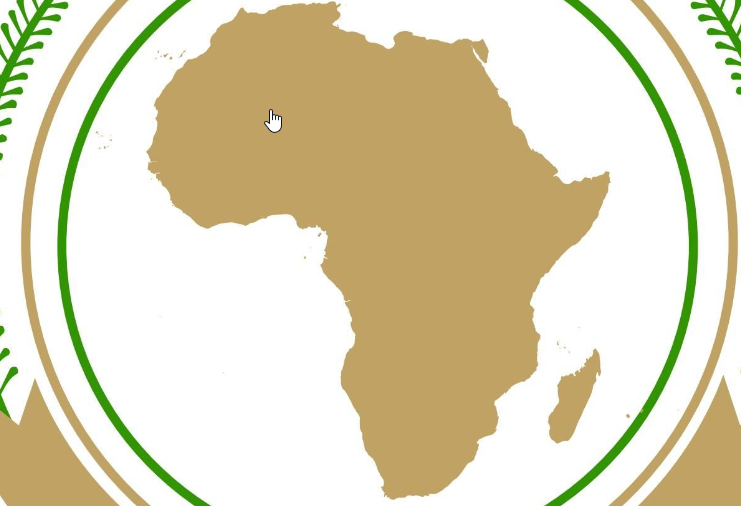African Union
The African Union (AU) is a continental union consisting of 55 member states located on the African continent. The AU was officially launched on 9 July 2002 in Durban, South Africa, as a successor to the Organisation of African Unity (OAU). The main objective of the AU is to promote unity, solidarity, and cooperation among African nations, as well as to safeguard the sovereignty and territorial integrity of its member states.
Membership
All 54 fully recognized sovereign states of Africa and the Sahrawi Arab Democratic Republic (SADR) are members of the African Union. Morocco was the only African country that was not a member of the AU until 2017, when it was readmitted after a 33-year absence. The SADR, which is a partially recognized state, was admitted to the AU in 1982 as the Sahrawi Arab Democratic Republic.
Organizational Structure
The African Union has several organs that facilitate its operations and decision-making processes. These include:
- The Assembly of the African Union: The supreme organ of the AU, composed of heads of state and government.
- The Executive Council: Composed of foreign ministers or other designated ministers, responsible for coordinating and making decisions on policies in areas of common interest.
- The Pan-African Parliament: The legislative body of the AU, with consultative and advisory powers.
- The African Union Commission: The secretariat of the AU, responsible for the day-to-day management of the organization.
- The Peace and Security Council: Responsible for the promotion of peace, security, and stability on the African continent.
Objectives and Initiatives
The African Union aims to achieve greater unity, solidarity, and cooperation among its member states. Some of the key objectives and initiatives of the AU include:
- Promoting peace, security, and stability on the continent
- Accelerating the political and socio-economic integration of the continent
- Promoting and defending African common positions on issues of interest to the continent and its peoples
- Encouraging international cooperation, taking due account of the Charter of the United Nations and the Universal Declaration of Human Rights
- Promoting democratic principles and institutions, popular participation, and good governance
- Promoting and protecting human and peoples’ rights in accordance with the African Charter on Human and Peoples’ Rights and other relevant human rights instruments
The AU has also launched several flagship initiatives, such as the African Continental Free Trade Area (AfCFTA), which aims to create a single market for goods and services across the continent, and Agenda 2063, a strategic framework for the socio-economic transformation of Africa over the next 50 years.
Challenges and Future Prospects
Despite its efforts to promote unity and development, the African Union faces numerous challenges, including political instability, conflicts, terrorism, poverty, and health crises like the COVID-19 pandemic. The AU continues to work towards addressing these challenges and achieving its objectives through cooperation, dialogue, and collective action among its member states.
As the African Union continues to evolve and adapt to the changing needs of the continent, it remains committed to its vision of an integrated, prosperous, and peaceful Africa, driven by its own citizens and representing a dynamic force in the global arena.


